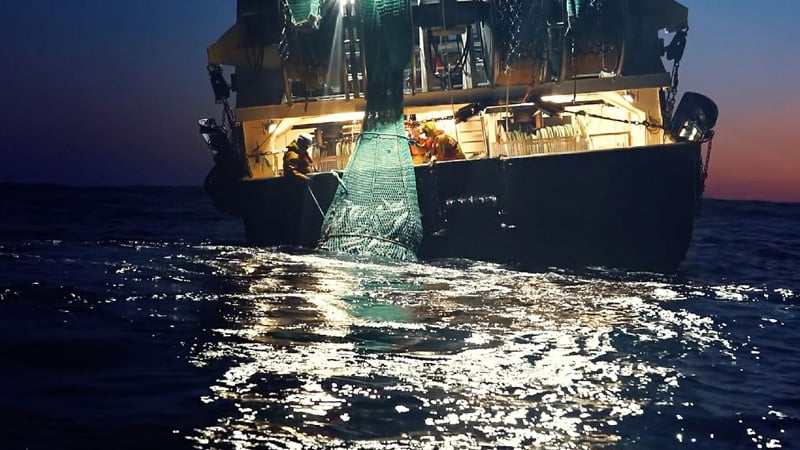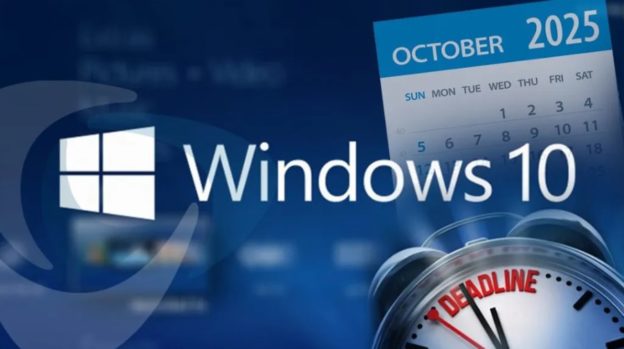Seaspiracy: Netflix Documentary Accused Of Misinterpretation By Participants
Seaspiracy is a documentary centred on the impact of commercial fishing. The documentary was released by the same team that made the award-winning Cowspiracy. The documentary, funded by Leonardo di Caprio, has been a huge cause of controversy and is said to contain erroneous statistics and misleading contexts.

NGOs and various experts accuse the documentary of displaying a misleading view and using out-of-context interview information. The fishing industry labelled the movie “dishonest targeting” even before the documentary was released. The documentary reveals the underground slave trade that surrounds Thailand’s shrimperies.
The Seaspiracy documentary is said to attack the fishing industry directly and convinces people to participate in more plant-based diets. Although the documentary aims at exposing the undeniable decline in ocean life, its information provided and the message it depicts is quite questionable.
The data that the whole documentary was centred around lacks accuracy. Hence, why the film turned out to be controversial, it was stated that Ali Tabrizi, the director of the movie, was accused of misinterpretation by some documentary participants. They said their interviews and statistics were used out of context.
Reasons For The Controversy
In the documentary, it was acclaimed that a large amount of ocean plastic waste is as a result of fishing nets, not human disposal. This claim has been widely criticised by many experts and marine biologists who claim that the film directors minimize the economic effect that accompanies human plastic waste.
Daniel Pauly, a marine biologist, states that rather than what was depicted in the Seaspiracy documentary, 80% of the ocean’s plastic waste is due to human waste disposal rather than fishing nets. The marine biologists clearly mention that fishing nets actually cause only about 20% of the ocean’s plastic waste.
Another statistic that many people found bogus was that the world’s oceans will be empty of fish by 2048. This obvious scientific inaccuracy was a call for disagreement for most people. It was based on a scientific study that was later rejected by the scientist who published the study in the first place.
Boris Worm conducted the initial study in 2006 and rejected it in an article published in 2009. The documentary director was accused of using old and outdated sources of information for the film. It was also said that in the Seaspiracy documentary, the study’s conclusion was thoroughly misquoted.
When writing the study, Boris Worm concluded with optimism that the marine system could be recovered gradually through pollution control and integrated fishing management. Hence, the study supported the practice of sustainable fishing, while the Seaspiracy movie completely rejected the idea.
The documentary’s clear rejection of sustainable fishing attacks MSC, a non-governmental organisation. The NGO responded to the documentary by explaining how sustainable fishing has standard ecological validity and allows fish and stock recovery over time.
The documentary also clearly questions the Marine Stewardship Council labels and how they may not provide the reassurance consumers seek. The organisation accuses the documentary of showing misleading content and the use of out-of-context comments. An executive for Dolphin Safe Tuna claimed his comments were used in the wrong way in the documentary.
The executive commented that there were no guarantees about dolphin killings in tuna fisheries. Still, there are regulations in place to ensure the number of dolphin killings is low. However, it was depicted in the documentary that there is no oversight and no knowledge if dolphins are being killed.
The director of the International Marine Mammal Project (IMMP) mentioned that the Seaspiracy documentary mislabels the goals and aims of the label. In an interview, David Phillips mentioned that the Dolphin Safe tuna program is responsible for a tremendous decline in dolphin deaths. He stated that dolphin kill levels had seen a reduction of about 95%.
David Phillips also mentioned that the Seaspiracy documentary did a disservice to organisations engaging in life-saving marine duties. The documentary places more effort on discrediting NGOs rather than addressing the real issues surrounding marine life and sustainable fishing, and many people disagree with it.
A spokesperson for the Marine Stewardship Council mentioned that although the documentary brings to light many known problems of the marine world, it included a lot of misleading claims and errors. These claims include the documentary’s argument that there is no such thing as sustainable fishing.
The Director’s Response
Another erroneous claim in the documentary was that the world’s oceans would be void of fish life by 2048. Replying to the accusations, Tabrizi said that he requested for an interview with MSC but was declined and went on to deny that Palmer’s comments were taken out of context and that sustainable fishing is vague.
The director also claimed that he did not expect individuals facing poverty and who are reliant on fishing to refrain from fish consumption. He also mentioned that such people don’t look on Oceana’s website for sustainability tips. In response to the 2048 statistic, he said, “we are not scientists nor do we claim to be. Despite any confusion, the overall state of fisheries is in decline”. Chris Williams also accused the documentary of presenting a biased view of the Asian fishing industry.
Conclusion
The documentary Seaspiracy, released on Netflix, is a film depicting the effects of fishing on ocean life. The documentary has been at the centre of controversy since its release, as NGOs and various self-claimed experts accuse the documentary of misleading claims and making use of out-of-context information.
References
Written by The Original PC Doctor on 2/1/2022.





















































































